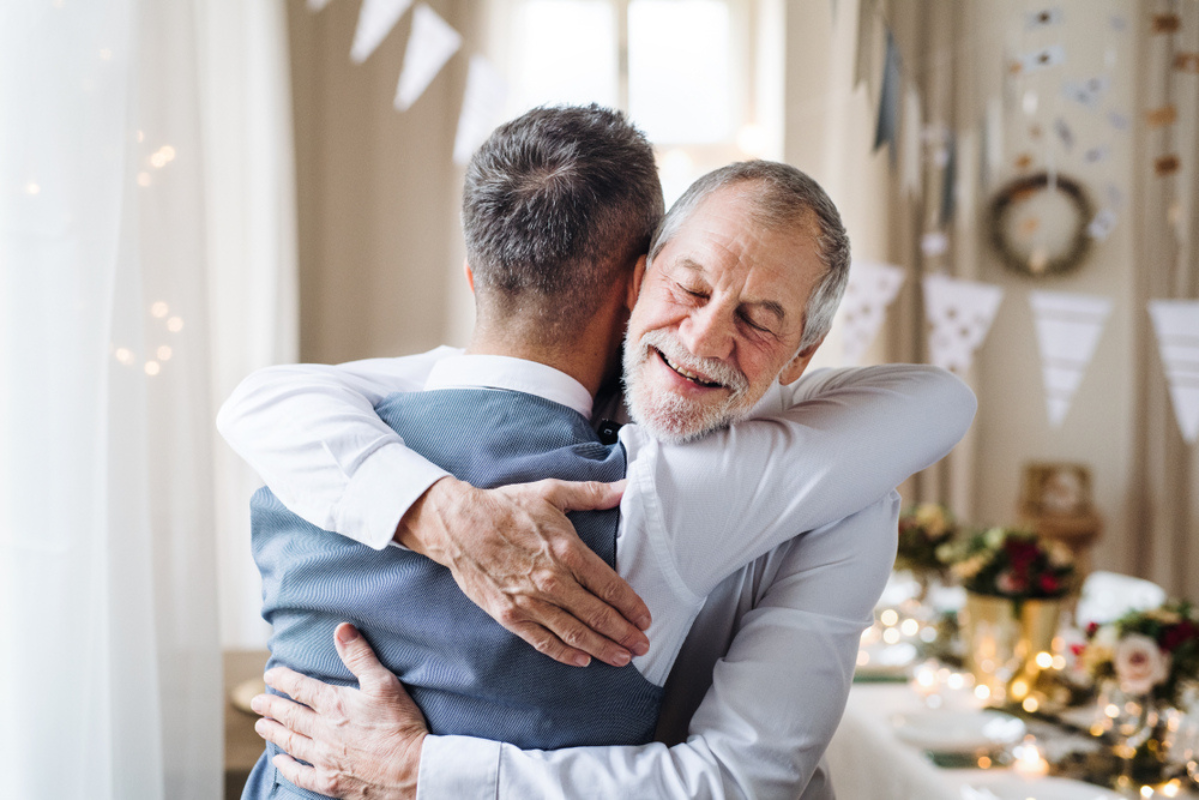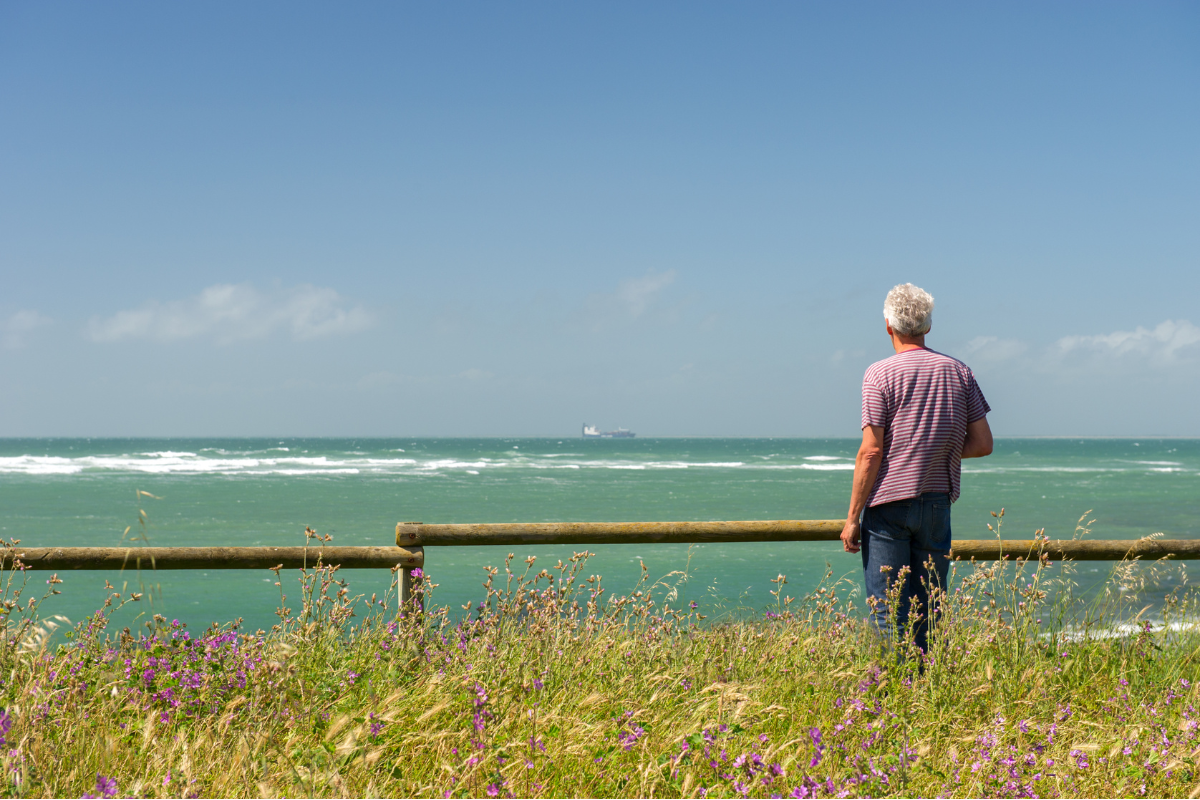Elder abuse is any abuse against a senior or an older person. If you’re an older person who is feeling unsafe in any of your relationships, you may be experiencing elder abuse.
We provide free support for people in Queensland experiencing elder abuse. You can contact the Elder Abuse Prevention and Support Service (EAPSS) at 1300 062 232.
Worried about an older friend or family member? You may also contact our hotline if you’d like to confidentially report elderly abuse.
Signs of elder abuse
Signs that someone is being abused can be hard to pinpoint. It’s not always as straightforward as physical injuries, especially since there are different types of elder abuse.
Elder abuse may be psychological (also called emotional abuse), financial, sexual, or physical. Neglect and coercive control are also forms of abuse.
Signs of psychological elder abuse
Psychological elder abuse is a series of actions and behaviours that intimidate the older person.
- Fear
- Self-harm
- Self-devaluation
- Social withdrawal
- A decline in self-esteem
- Minimising your own needs
- Anxiety about a specific person.
Signs of coercive control
Coercive control is a specific type of psychological abuse. Coercive control is when the abuser exerts power over the victim. Older people are especially vulnerable to this type of abuse.
- Gaslighting
- Manipulation
- Socially isolating you
- Controlling access to necessities
- Limiting access to grandchildren
- Bullying, name-calling, and criticism
- Making you ask permission for things
- Coercing you to take on responsibilities.
Signs of financial elder abuse
Financial elder abuse occurs when a trusted person takes advantage of an older person for financial gain. Financial abuse is the most reported type of elder abuse in Australia.
- Unpaid bills
- Unopened mail
- Limited access to finances
- Pressure to change your will
- Missing money or belongings
- Relatives living over rent-free
- Sudden spending habit changes.
Signs of physical elder abuse
- Flinching
- Broken bones
- Poor living conditions
- Unattended health needs
- Unexplained bruises or cuts
- Too much or too little medication.
Signs of elderly neglect
- No food at home
- Poor living conditions
- Unable to leave home
- Unattended health needs
- No access to required services
- Home is an unsuitable temperature.
Signs of elder sexual abuse
- Sudden STI
- Defence wounds
- Bowel incontinence
- Urinary incontinence
- Fear of a specific person
- Wounds around the genitalia.
Who is at risk of elder abuse?
One in six Australian seniors report facing elder abuse in the past year.
Abuse doesn’t discriminate – anyone can find themselves in an abusive situation. Being abused doesn’t define you or change your value.
Certain risk factors can make an older person more vulnerable to experiencing abuse.
Risk factors for elder abuse include:
- Having a disability
- Poor mental health
- Poor physical health
- Being socially isolated
- Living in rented accommodation
- Being single, separated, or divorced
- Owning a house with debt against it
- Coming from a First Nations background.
Men and women experience elder abuse at nearly the same rate.
Who commits elder abuse?
In Australia, one in two perpetrators of elder abuse are a family member of the victim.
The most common perpetrators of elder abuse are the older person’s adult children or children-in-law.
Friends, neighbours, other family members, caretakers, and service providers are also commonly reported as perpetrators in cases of elder abuse in Australia.
72% of victims of elder abuse reported that their main perpetrator suffered from problems of their own – typically mental health issues, financial problems, and physical health problems.
What protects people from elder abuse?
Certain lifestyle habits can help protect yourself or an older loved one from experiencing elder abuse.
These tips can help protect someone from elder abuse:
- Having peer support
- Seeing a financial counsellor
- Practising healthy relationships
- Seeking help from support services
- Being mentally and physically active
- Being outspoken about your wants and values
- Seeking legal advice before any major change or decisions
We provide more information about protecting yourself from elder abuse in this blog post.
What to do if you or a loved one are experiencing elder abuse
The Elder Abuse Prevention and Support Service (EAPSS) provides free counselling and resources for seniors in Queensland. We can help explore your concerns and possible solutions in a safe, supportive environment.
You may also contact our hotline if you are worried about someone else or to confidentially report elderly abuse.
You can learn more about our Elder Abuse Prevention and Support Service here, or call 1300 063 232.

